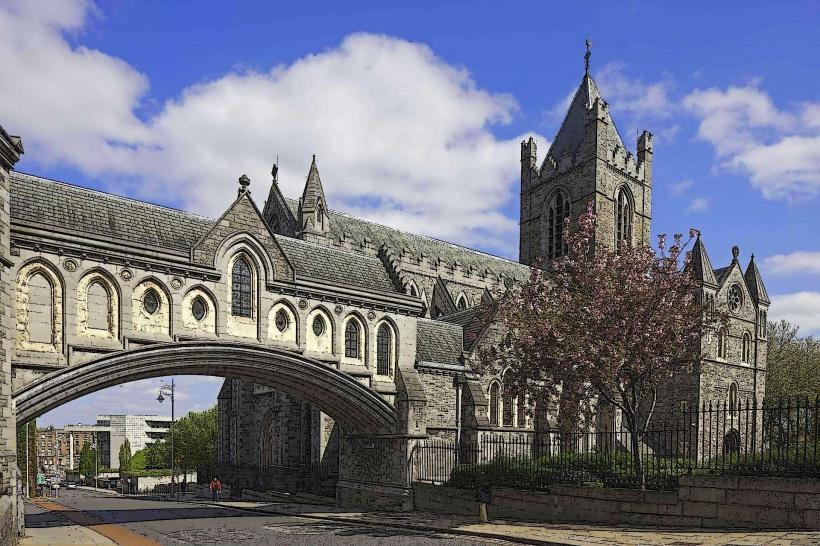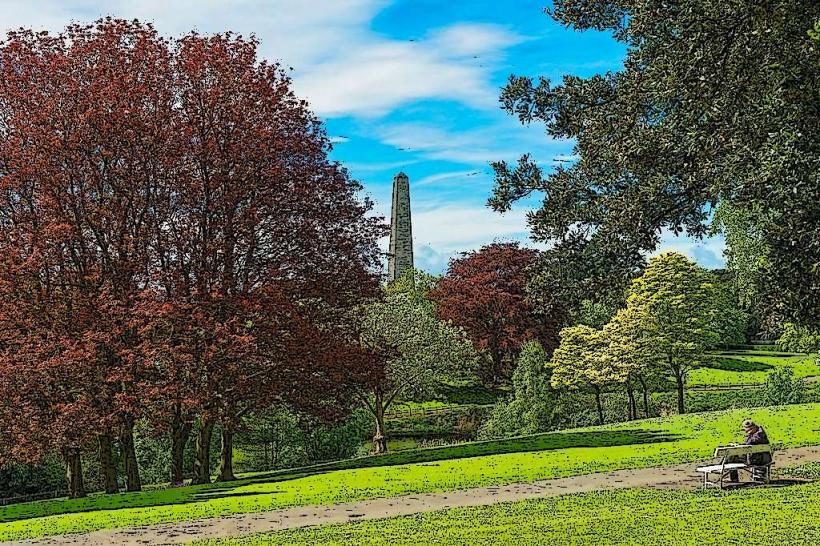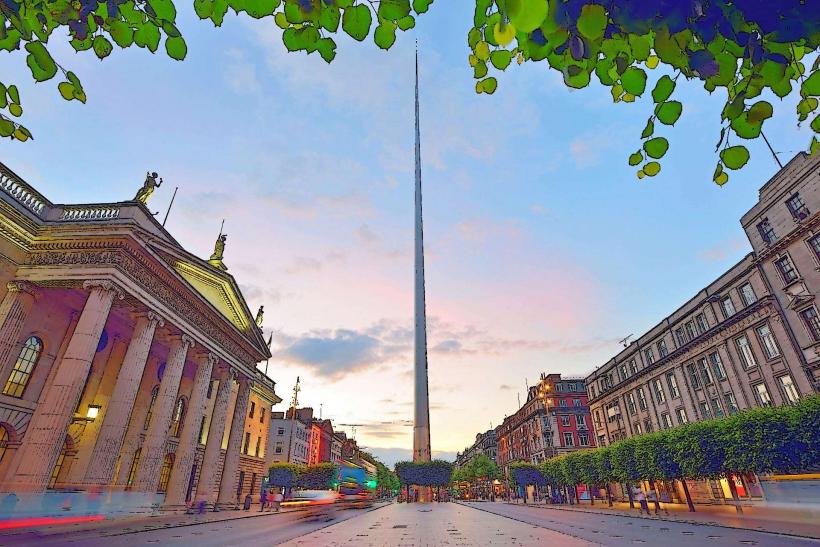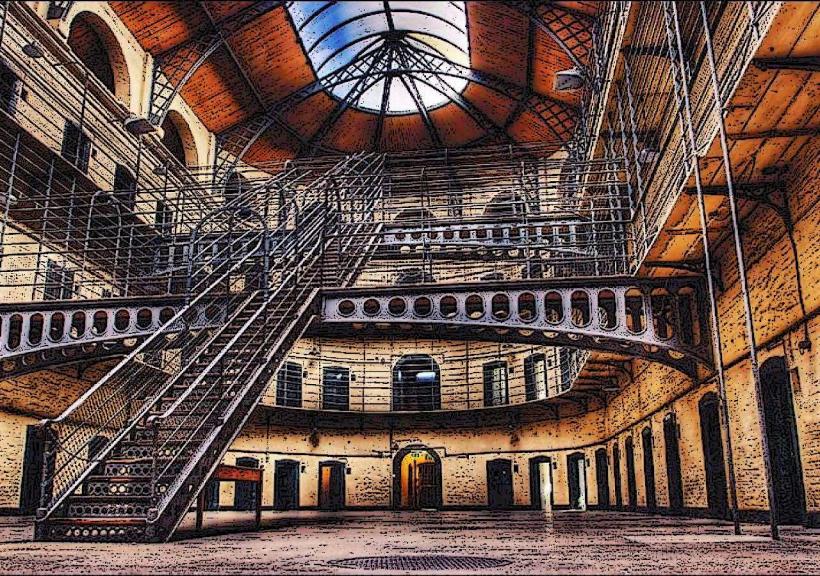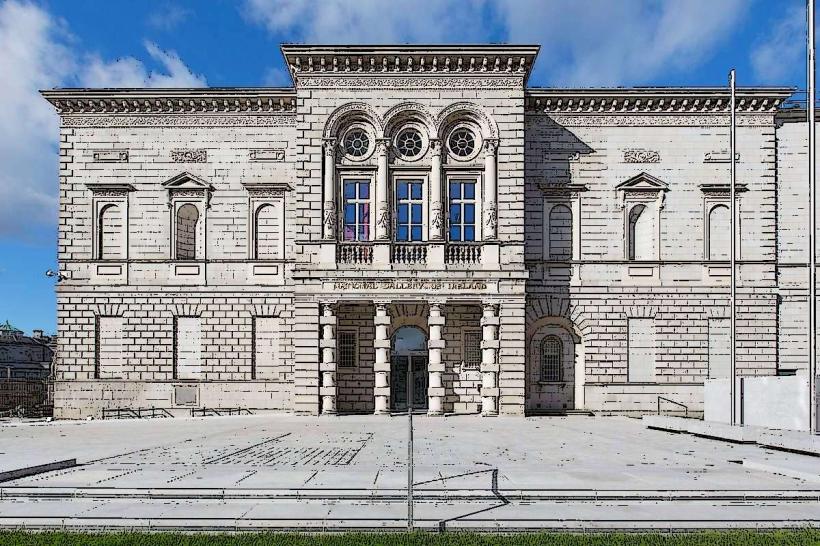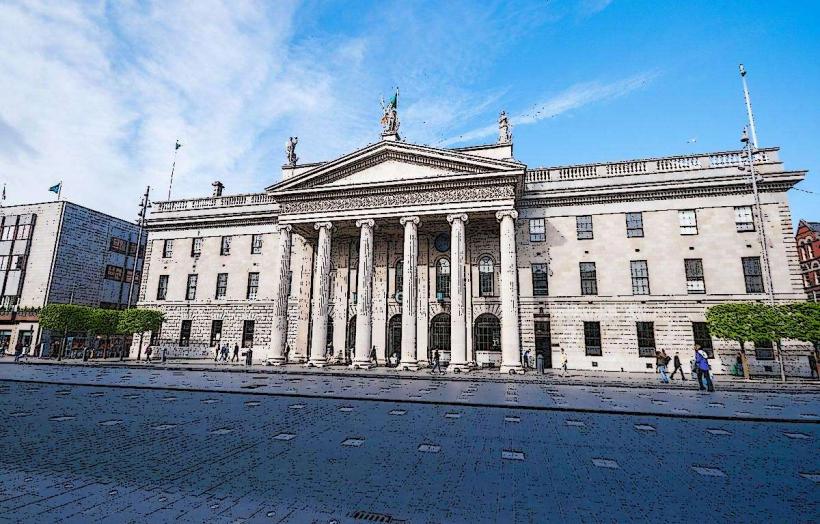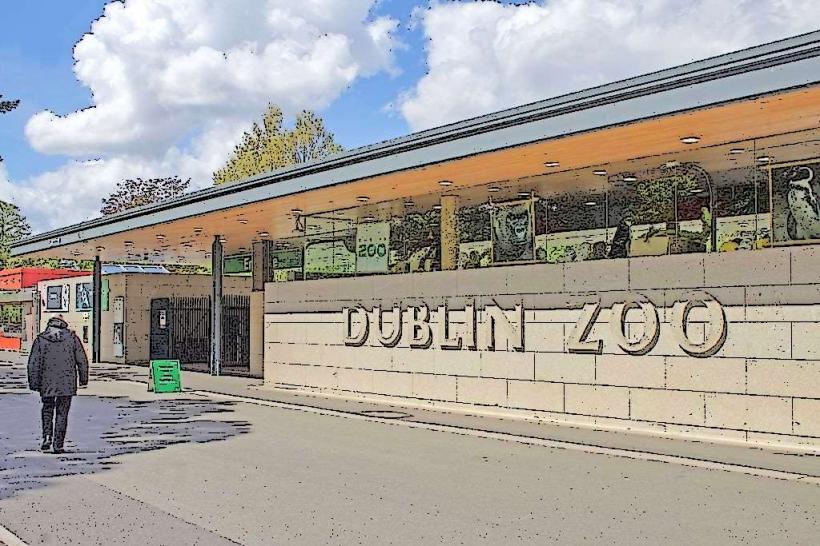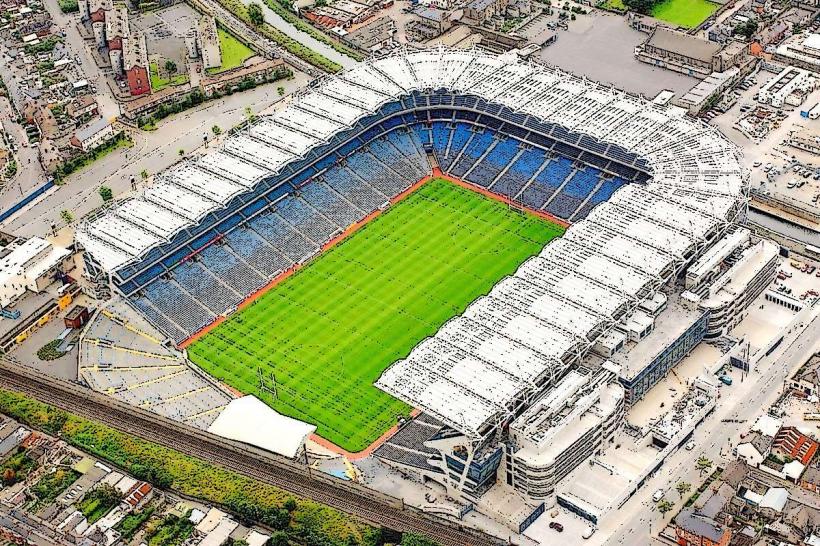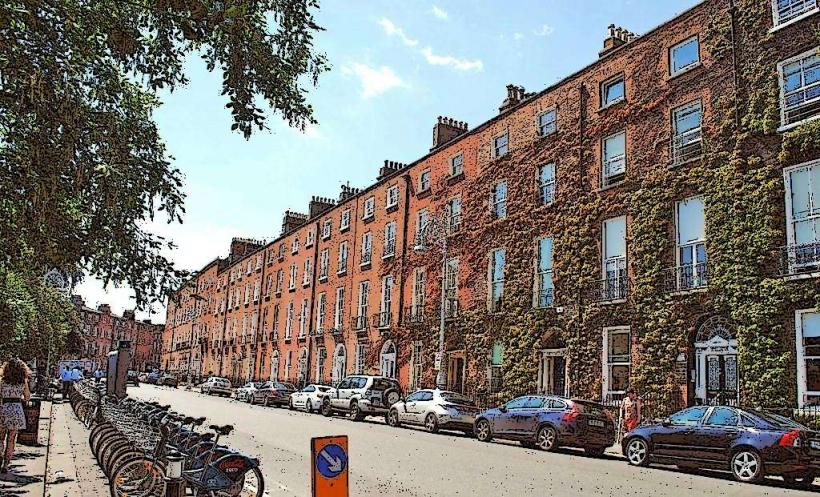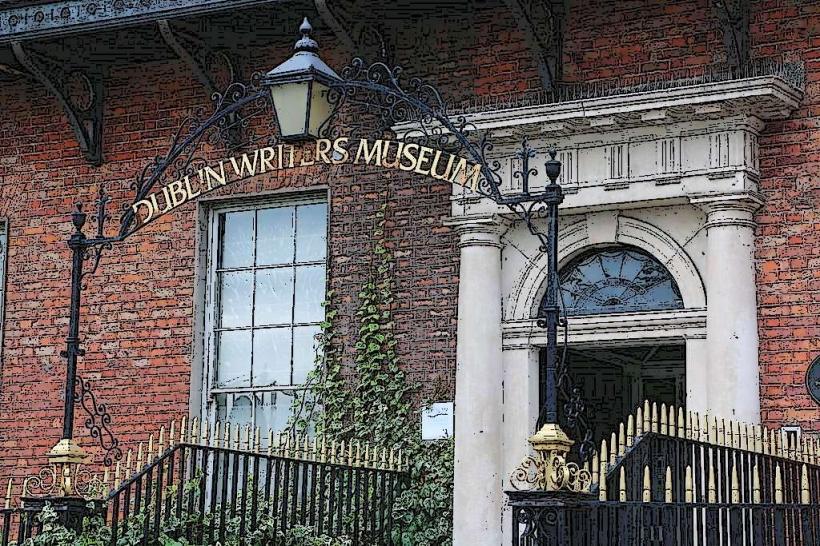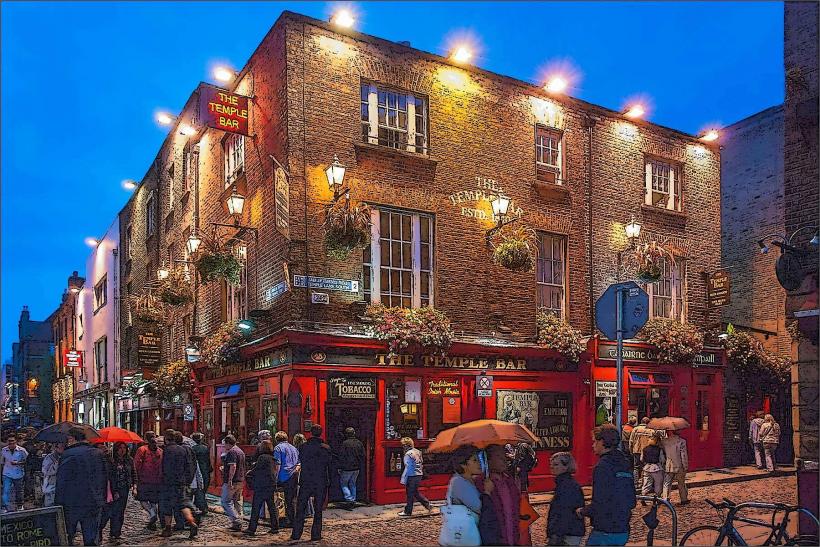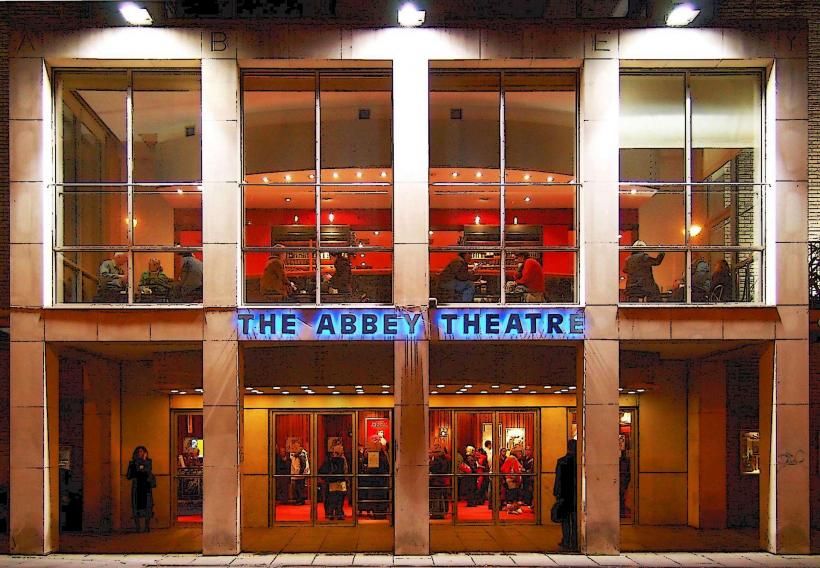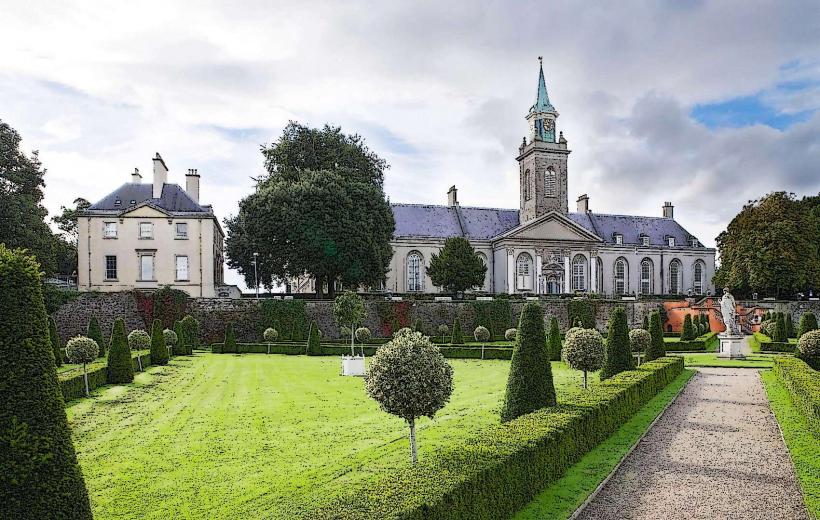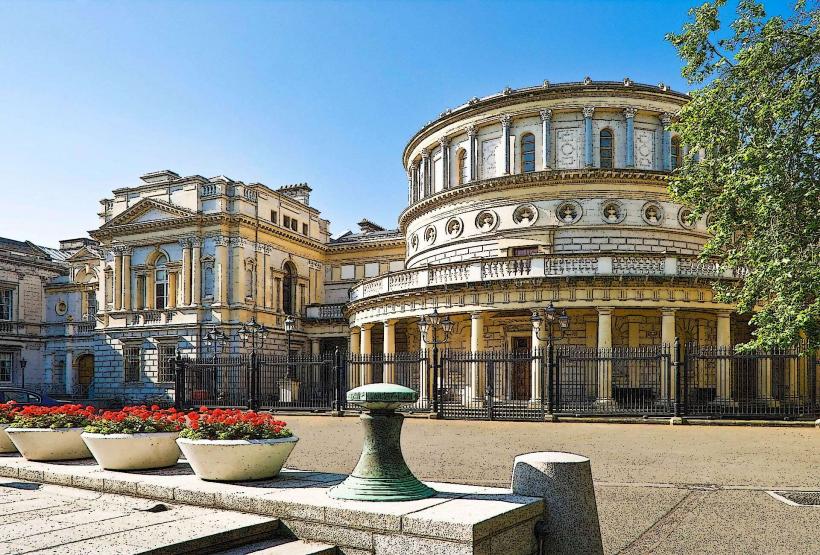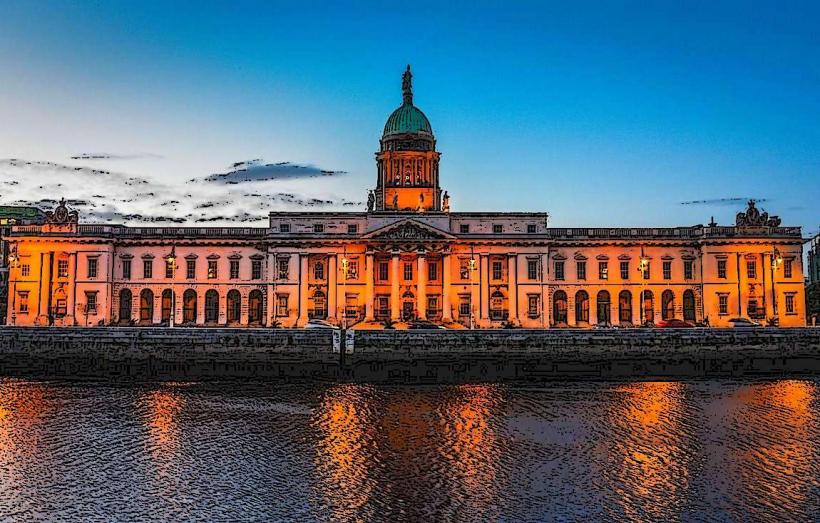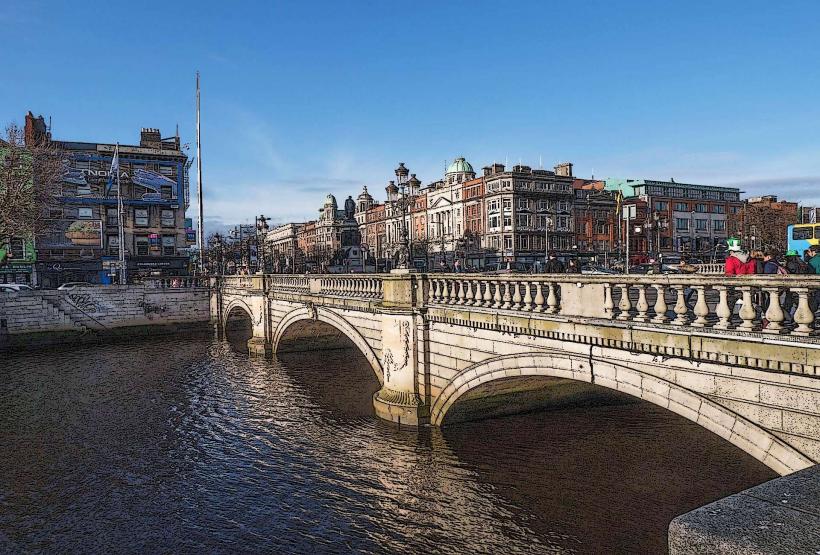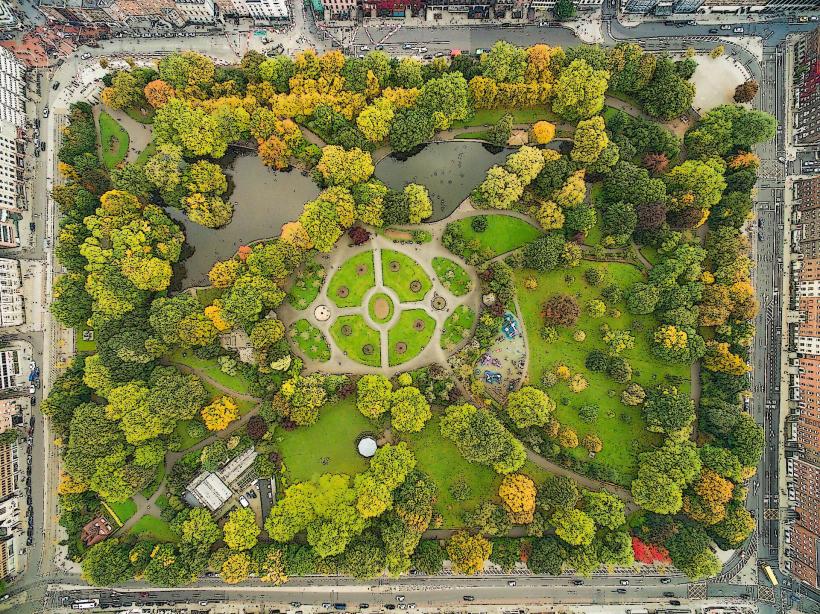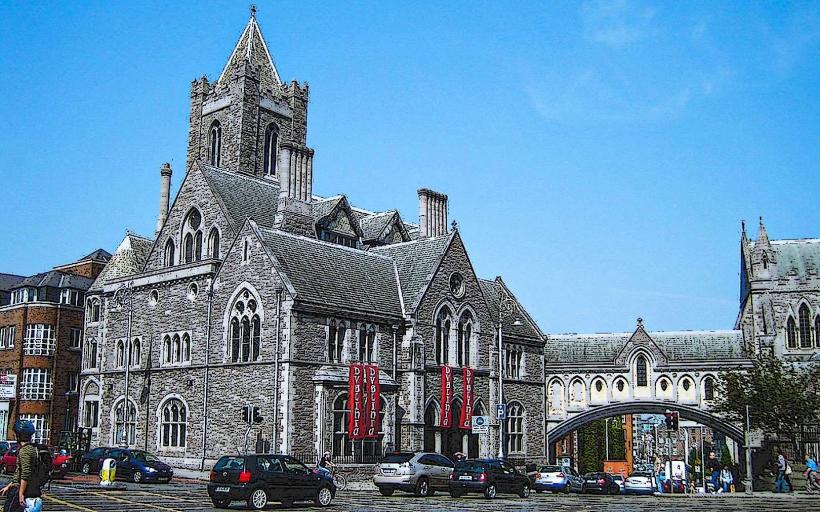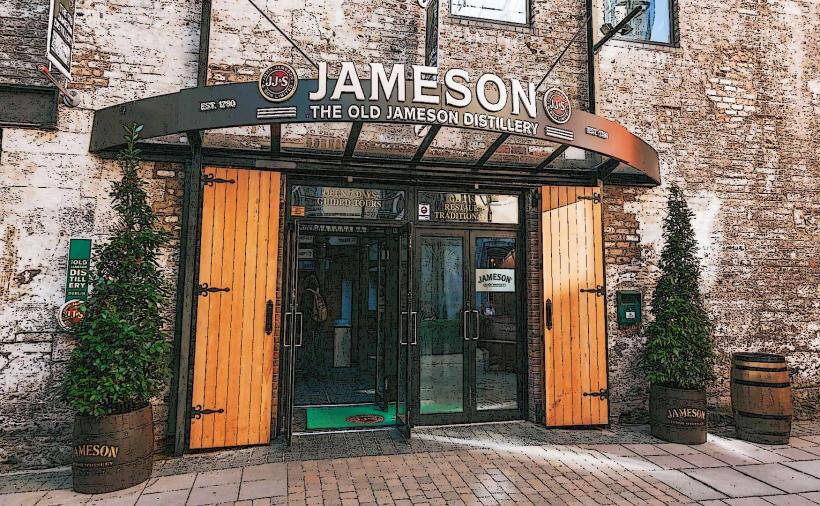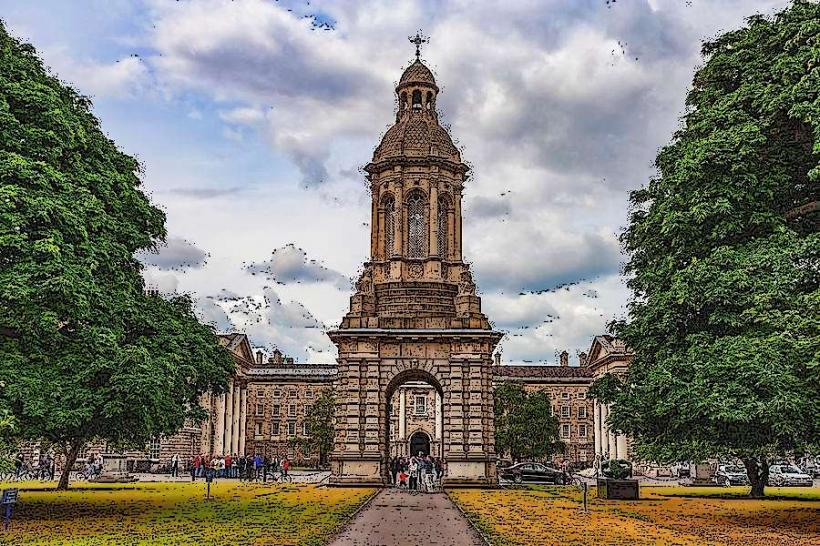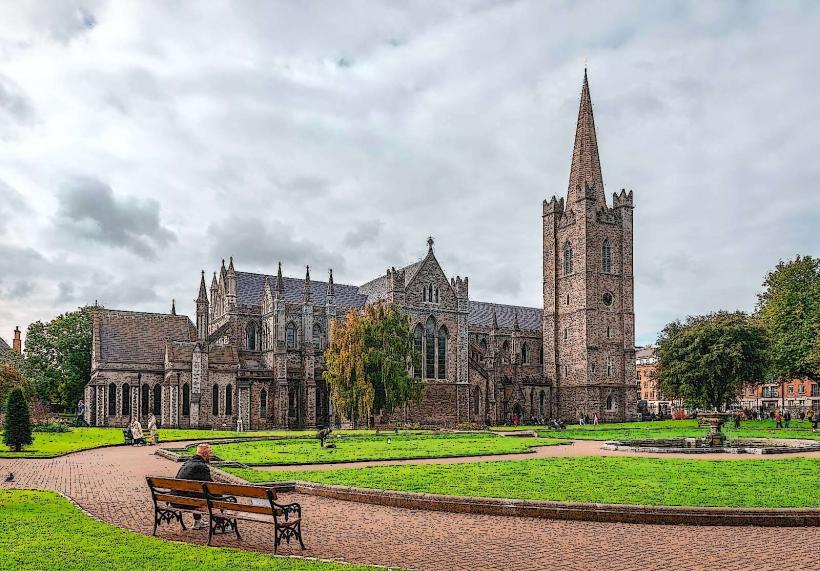Information
Landmark: Ha'penny BridgeCity: Dublin
Country: Ireland
Continent: Europe
Ha'penny Bridge, Dublin, Ireland, Europe
The Ha'penny Bridge, officially the Liffey Bridge, is a pedestrian-only elliptical arch bridge made of cast iron that spans the River Liffey in Dublin. It connects the Temple Bar District on the south bank to the Liffey Street area on the north bank.
Visual Characteristics
The bridge is characterized by three white-painted, cast-iron lamps supported by ornate metal arches. It spans 43 meters and stands approximately 3 meters wide, featuring a wooden plank walkway and a gentle upward curve. The structural metalwork displays intricate decorative scrolls and railings, while the abutments are constructed of granite.
Location & Access Logistics
The bridge is located between Bachelors Walk (North Side) and Temple Bar (South Side) in Dublin 1 and 2. It is a 5-minute walk from the Spire of Dublin and a 10-minute walk from Trinity College. The nearest Luas stop is Jervis (Red Line), 400 meters away. It is accessible 24 hours a day for pedestrians only.
Historical & Ecological Origin
Built in 1816 by William Walsh and constructed by the Coalbrookdale Company in Shropshire, England, it was the first iron bridge in Ireland. It replaced a ferry service that had become structurally unsound. Originally named the Wellington Bridge, its popular name stems from the half-penny toll charged to cross it for the first 100 years of its existence.
Key Highlights & Activities
Pedestrian crossing provides panoramic views of the River Liffey and the Dublin quays. It is a primary location for photography of the city skyline. Street performers often occupy the entry points on either side. In 2001, the bridge underwent a major refurbishment to restore its original white color and replace the wooden decking.
Infrastructure & Amenities
As a public thoroughfare, the bridge itself has no restrooms or shade. However, the immediately adjacent Temple Bar and North City areas contain hundreds of commercial food vendors and retail shops. 5G signal strength is excellent. The walkway is accessible, though the incline may require effort for manual wheelchair users.
Best Time to Visit
Twilight (Blue Hour) is the optimal time for photography, as the bridge's lamps are illuminated and reflect on the water. Early mornings (before 08:00) allow for crossing without the heavy pedestrian traffic typical of midday and evening peak hours.
Facts & Legends
The toll for crossing the bridge was officially abolished in 1919. A local tip for visitors is to avoid the "love locks" tradition; Dublin City Council periodically removes padlocks from the railings as the additional weight causes structural stress and accelerates corrosion of the 200-year-old iron.
Nearby Landmarks
Temple Bar Square: 0.2km South
The Merchant's Arch: 0.05km South
The Clarence Hotel: 0.1km West
O'Connell Bridge: 0.3km East
The GPO: 0.4km Northeast

